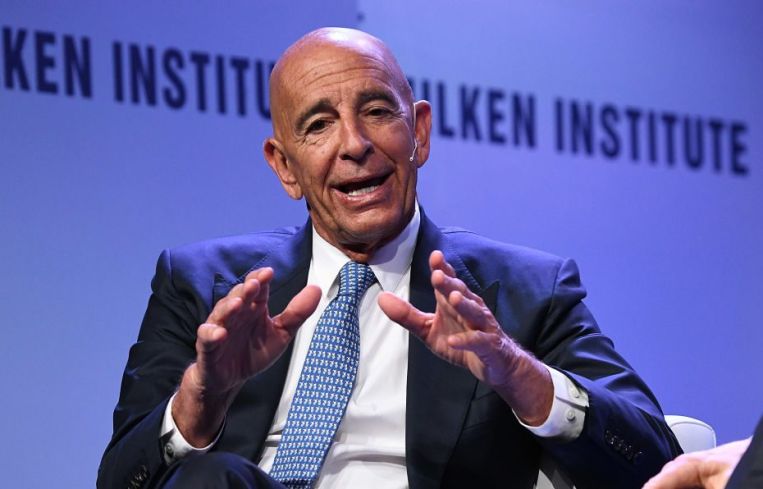Sunday Summary: Colony Abandons Hotels
By The Editors September 27, 2020 9:00 am
reprints
If we were wagering money, it wouldn’t have been a bad bet that sometime in this crisis a very big deal would happen in the hotel sector.
Hospitality has been the most battered of any real estate bucket, and for a lot of real estate investors that translates into distress opportunity. Or just opportunity.
However, we hadn’t seen too many deals, even as hotels began to close; most hoteliers who can afford it have no doubt wanted to wait out the storm.
But even we weren’t prepared for the magnitude of Colony’s sale last week: 197 hotels encompassing 22,676 keys to hotel management firm Highgate for $67.5 million dollars and the assumption of a whopping $2.7 billion in debt. (Colony’s hotel portfolio had been flailing; earlier this year they defaulted on $3.2 billion in debts.)
It was definitely a vote of confidence by Highgate in a sector that remains distinctly lacking in positive signals. Just last week, Luxe Rodeo Drive Hotel in Beverly Hills closed its doors thanks to financial troubles.
Retail redux
For those looking for a leisurely Sunday read, check out CO’s deep dive into America’s largest mall owner and operator, Simon Property Group. They’ve managed to navigate the crisis better than most, buying up some of the bankrupt brands that have anchored their malls, stepping away from deals that no longer make sense, and keeping $3.6 billion in cash on hand.
It seems (quite logically) that retail, while mostly horrific, comes down to property by property, operator by operator — or, in some cases, neighborhood by neighborhood. (Remember that old saw about location, location, location? It became cliche because it’s true.)
Long Island City has looked like a ghost town during the pandemic — but some of the more populous and residential neighborhoods of Queens like Astoria or Forest Hills have been thriving with everyone shopping locally.
But it wasn’t exactly a beaming week for retail. Ninety percent of restaurants in New York couldn’t make their full August rent, it turns out. Brookfield laid off 20 percent of its retail arm. And, for another good Sunday read, CO sat down with the legendary Steve Siegel of CBRE, who was sober in his assessment of retail and its relation to landlords. (Read: Not good.)
Good news?
There’s always some good news (right?). There was good news out of L.A., which saw Netflix take 171,000 square feet at the Burbank Empire Center, making it the largest L.A. County office lease so far in 2020.
It was almost as much space as the logistics firm, Mega Lion Inc., which signed a 132,423-square-foot lease at Golden Springs Business Center in the Mid-Cities submarket of L.A. County.
Plus, Amazon picked up the Residence Inn by Marriott in Pentagon City, Va., for $148 million, which it plans on demolishing and using as part of its HQ2 complex.
And while it might not qualify as “news,” per se, there was quite a bit of resolve and optimism about the state of green and healthy development at this week’s CO sustainability forum.
But the bad?
Yes, there’s always that too. (Lately, it only gets worse. What does 2020 have against us?!?)
Industry City pulled the plug on an ambitious rezoning plan which would have created 1 million square feet of new commercial, retail, industrial and academic space, thanks to opposition from certain members of the City Council.
Mitchell Marks was forced to sell via bankruptcy auction his stalled Upper East Side condo development to Carter Management Corp. after infighting and lawsuits among his partners on the deal.
And, while over the summer CO reported that Marcus & Millichap was looking at buying Mission Capital, the deal looks less certain as Marcus & Millichap have just started hiring Mission’s debt team.
See you next week!



